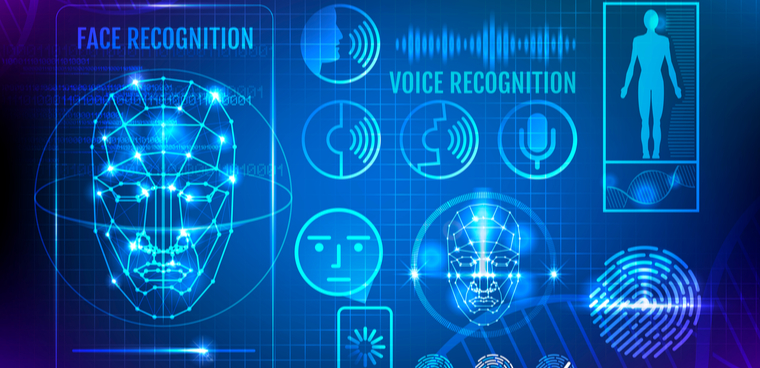The Biggest Ways Biometrics May Influence the Future of Vehicles

In the last 10 years, cell phones have gone from being a useful communication device to a literal extension of self for many people. Though it’s not likely that anyone will start sleeping with their car next to them in bed any time soon, it does seem that the automotive industry is seeing some similar advancements in terms of the use of biometrics.
Just as phones use facial recognition and fingerprints to unlock, vehicles are beginning to rely on this type of technology to enhance the overall driving experience in a number of different ways.
Preventing Theft with Authentication Measures
As biometric technology continues to grow more sophisticated, particularly as it relates to the automotive industry, one of the most promising applications is for keeping vehicles secure. Automakers can already manufacture cars that turn on with keyless, fingerprint ignition; given the rate of current advancements, it’s possible that cars will soon require facial recognition and voice activation to turn on, or even to unlock. While it’s true that certain biometric markers can be “hacked” or faked, it takes far more effort and foresight than the amount of work currently required to break into a car.
More Communicative Vehicles
Voice control isn’t exactly a new triumph for biometric technology — in fact, it’s something that the automotive industry has leaned into for years already. However, as vocal recognition tech becomes more advanced, so will cars’ capabilities in this space. Rather than simply being able to ask a vehicle to call friends and family, or pull up directions to a specific location, drivers may soon be able to ask their car to set the cruise control or to send an order to an upcoming coffee shop. Because the technology has grown to understand a wider range of controls, drivers may soon enjoy a wider range of services.
Ensuring Drivers’ Safety and Comfort
Biometric seat technology, an incarnation of this tech that is not yet common in the auto industry, can be used to assess a driver’s level of stress and anxiety during unusual driving situations. When there are physical disturbances to the vehicle, biometric technology can gather insight from the steering wheel, accelerator, and other components to determine whether there are physical indications of anxiety — if there are, the car may suggest that the driver take a break to improve their safety.
Expanding Commercial Use Potential
Renting a car could become simpler than ever as biometric technology becomes more common. Rather than requiring that customers wait in line inside an office to receive keys, rental agencies could simply provide temporary access to renters through biometric information, such as their fingerprints. Once their rental period was over, that access could easily be revoked remotely, eliminating any need for renters to physically interact with agencies.
Biometric technology may seem like a cutting-edge facet of the modern world reserved for hand-held gadgets, but some of the most promising applications for these innovations are in the automotive industry — it’s hard telling just how quickly biometrics will integrate and become commonplace in new vehicles.

